On May 3 Farm Europe hosted a debate on how Climate Change is impacting agriculture and food systems in a world experiencing more instable and volatile markets.
The background was an event under the Heading ”Food Chain Reaction: A Global Food Security Game” which took place Washington, D.C in November 2015, and where Farm Europe also participated. The purpose was to evaluate the effect of climate change on agriculture and food security under different future scenarios and the response by Decision makers.
Food production has become very interdependent and supply side shocks due to draught, disease, severe climate events and lately climate change contribute to a high degree of volatility on output. On the demand side political instability, population growth, economic development in emerging markets and advanced economies, change in dietary habits and financial problems are key factors. The result is increased volatility with consequent effect on agricultural prices, producer’s income and consumer prices leading to political and social unrest.
To quote Joe Stone from our event 3 of May (Corporate Senior Vice president in Cargill-one of the Sponsors of the event in D.C.) : “ The exercise did not disappoint. The scenarios dramatically showed the ways in which climate change and human mobility can combine to exacerbate food insecurity and truly threaten political stability”.
Joost Korte Deputy Director General in DG AGRI also participated. One thing he said struck me. DG AGRI was concerned about the possibility that the very low markets prices for both crops and animals products we have seen for the last couple of years may be a more permanent feature. This in a way is in contrast to the assumption in the Food Chain Reaction scenario of much higher volatility and price spikes.
To my mind that begs the question: Are the low agricultural prices the “The new normal” and not increased volatility?
The question is whether the consequences of the financial crisis erupted in 2008 with the subsequent “Great Recession” has now caught up with agriculture leading to a new normal.
The prolonged recession in the EU and subsequent morose economic growth in the Eurozone, very low inflation in the US, Japan and the EU, quantitative easing (QE) by the FED, BoJ (Japan), BoE (UK) and the ECB and lately introducing negative interest rates attempting, although with meager success, to stimulate economic growth, are all factors which reflect the lack of demand or a worldwide savings glut with too little investment in spite of easy money.
Too that has been added the dramatic fall in oil prices curtailing income of oil producing countries in the Middle East, Russia and Venezuela to finance amongst others their food imports. The fall in raw material prices reflecting the slower growth in China has impacted raw material exporting developing countries like Brazil, South Africa, Chile, Peru and many others.
The financial sector involved with these countries is suffering as a consequence leading to a more restrictive lending policy by banks. The new normal in general economic terms is thus a period of low growth/stagnation, low inflation/deflationary tendencies in Japan and the Eurozone and high sovereign and private debt world wide.
Raw material prices are historically linked to the state of the economy. When prices are low that reflects low growth/ demand and vice versa. Some economists suggest that we have entered the era of “secular stagnation” i.e. permanent lower growth compared to the past. Reasons like ageing population, lower productivity growth, saturation of demand in developed countries and lack of major technological breakthroughs are advanced. That would mean that also agriculture will suffer from sustained lower (real) prices.
On the other side in favor of the increased volatility scenario is obviously climate change which already is having an impact on agriculture with the more extreme weather conditions. Demand will be supported by China and neighboring countries which continue to grow and the Chinese population will not peak before it reaches 1.4 Billion people with consequent increased demand for food as well as changes in more animal protein rich diets and demand for animal feeding stuffs. At some stage India’s population will exceed Chinas and is becoming the new powerhouse with economic growth rates exceeding China’s. Although Africa’s population is expected to show the strongest growth of all, lack of purchasing power will restraint increase in demand.
Risk of volatility must be judged in relation to the situation on supply and demand where cereals are the main factor and a proxy for protein as well. On the demand side a stable and inelastic increase is to be foreseen. Consequently it is the supply side of cereals that is the key factor in the equation.
As a rule of thumb cereal stocks should represent minimum 18 % of consumption in order to avoid prices going up. According to the latest (5/5/2016) FAO Cereal Supply and Demand Brief :“the ratio of global cereal stock-to-utilization would fall only marginally, from 24.9 percent in the current season to 23.4 percent in 2016/17” (see Annex). Present stocks are consequently abundant which explains the very low cereal prices.
Past history shows however that the equation is easily disturbed if harvest fails in one or more important parts of the world. In particular if it happens in the main cereal producing and exporting countries this can have an immediate effect on prices.
A further contribution to the discussion is provided by the “THE OECD-FAO AGRICULTURAL OUTLOOK 2015-2024 (OECD/FAO 2015) which has analyzed the evolution of prices prior to the 2007 price spike and the subsequent evolution since and into the future: They come to the following conclusion:
“Even though real prices are projected to decline, this does not preclude the likelihood that prices will experience bouts of volatility, including upward price spikes, in the next ten years” (p. 49).
Further :
” Indeed, the previous two marketing years were characterized by above average yields, which drove prices down to their current levels. Returning to more normal yields will decrease world supply of all major crops in the upcoming marketing seasons and as a result prices should rise” (p.50).
So there are arguments in favor of both lower long term real agricultural prices as well as risk of more volatility. It is not either/or nor mutually exclusive.
For European agriculture this is a rather worrying message given the serious income problem in particular for farmers involved in animal production.
Certainly cereals and proteins as animal feeding stuffs represent one of the most important costs of animal production. Low prices on feed grains and protein help. Equally low oil prices which is another production cost factor by direct energy use and indirectly on the cost of fertilizers. However the net result is still negative with the low market prices not providing a profit to cover not only the variable costs but also the fixed costs and remuneration to the farmer and his help.
If thus both low real prices and increased volatility is the” New Normal” the consequences could be dire.
Low prices will result in many farmers (small and older) leaving agriculture even quicker and accelerating the structural change towards fewer and larger farms with negative effect on the so-called territorial balance and disfavored areas. Permanent lower animal production might also be the consequence affecting self-sufficiency ratios and exports.
Higher price volatility affects all farmers but mostly the bigger farmers with high turnover and high levels of debt underlining the need for increased risk management tools both at farmer as well at the level of the CAP.
We need to find an appropriate policy response with as many instruments as targets.

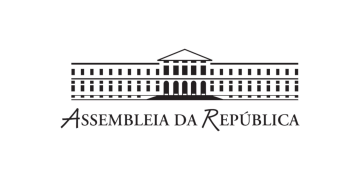

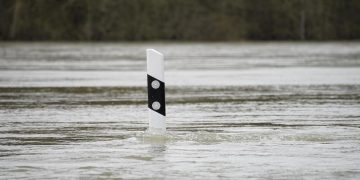
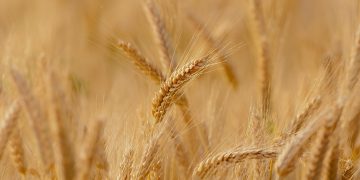
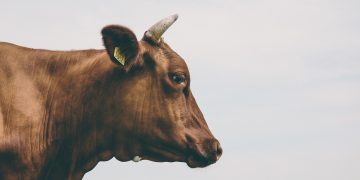

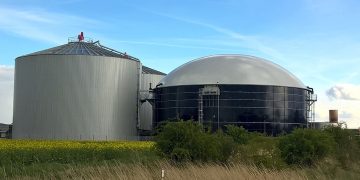
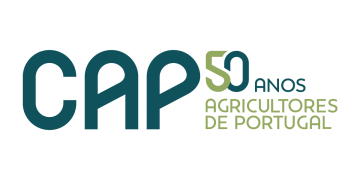
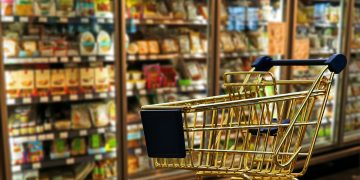












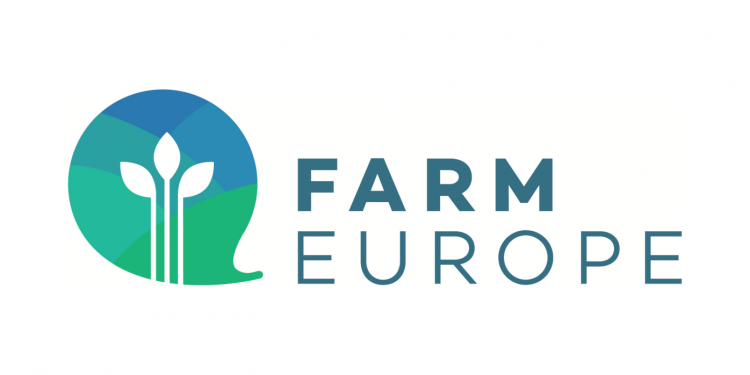

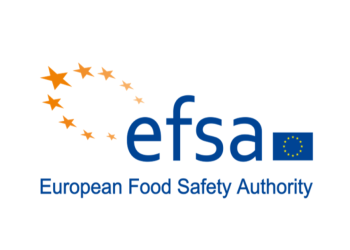































Discussão sobre este post